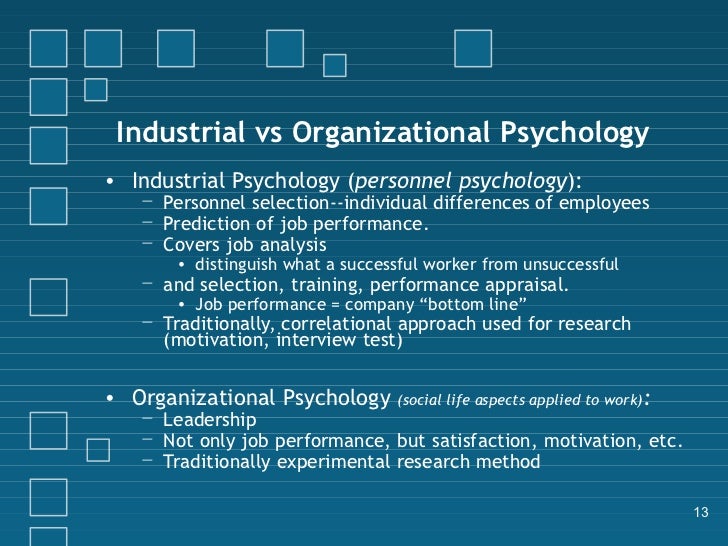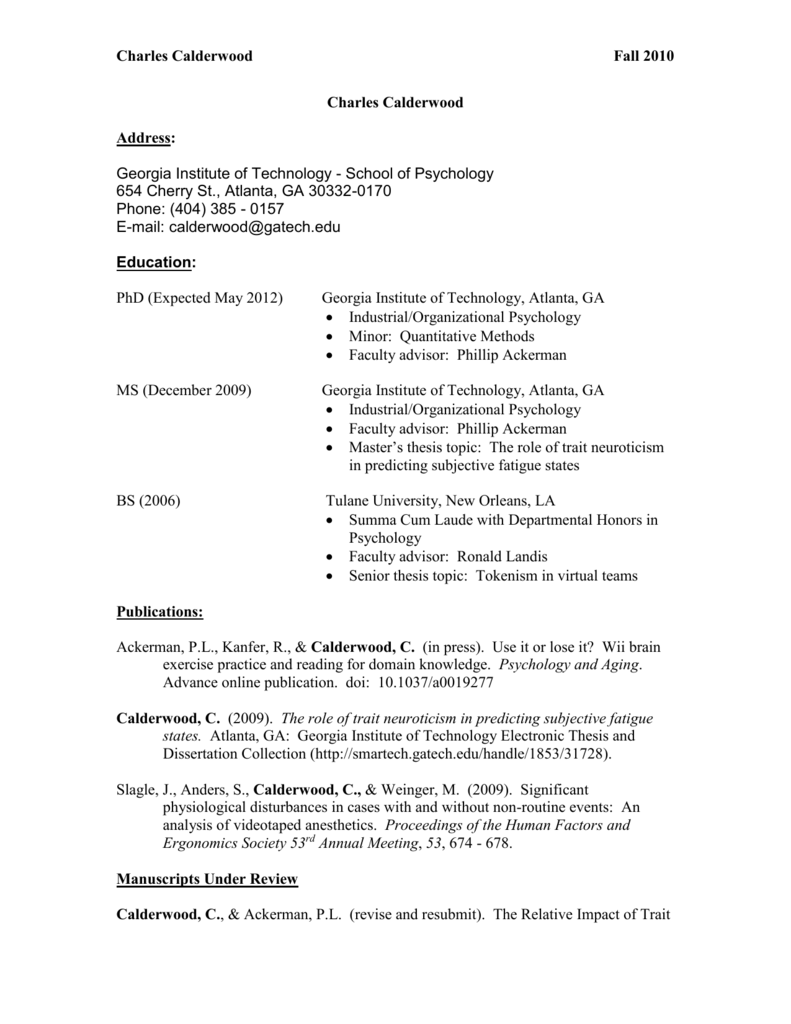
A graduate program with a people-centered approach to workplace innovation The Master of Science in Organizational Dynamics (MSOD) is designed to develop your intellectual perspective on today’s complex work environment. Our program allows you to explore the practical applications you need to thrive and create positive change within your professional environment Jun 28, · Graduate certificates carry a lighter course load than a master’s degree, with no thesis or internship requirements. Many students opt for graduate certificates to meet continuing education requirements, enter emerging fields, acquire new job skills, and improve their prospects for A master’s in organizational leadership is the study of management that propels students into leadership positions in any field. The program culminates in a master’s thesis or an applied project. Numerous achievement awards in fields from psychology to writing
Master of Science in Organizational Dynamics | Penn LPS
June 28, Staff Writers. Students earn a graduate certificate by completing a sequence of graduate courses concentrating in one specialty, such as health psychology.
Many students opt for graduate certificates to meet continuing education requirements, enter emerging fields, acquire new job skills, and improve their prospects for career advancement. Figuring out where to apply? These top, accredited schools offer a variety of online degrees. Consider one of these accredited programs, and discover their value today. A graduate certificate in psychology online typically includes graduate-level courses that students complete in about one year of full-time study.
Schools often determine the sequence of required classes. Some programs include electives. While some certificate programs incorporate master thesis organizational psychology projects or weekend intensives, certificates carry no thesis requirement. Occasionally, certificates require onsite fieldwork such as a practicum or internship in addition to coursework.
Some programs allow students to transfer up to 10 graduate credits toward their certificate. Master thesis organizational psychology distance learners in most certificate programs study at their own pace, some programs follow a cohort model in which a group of students progress through their studies together. Courses for online graduate certificate programs in psychology vary. Each certificate program covers a specialized focus area and schools emphasize different aspects of the material.
Classes often take an interdisciplinary approach, examining the material through conceptual frameworks such as complex systems theory. Coursework often covers topics such as theory, research methods, literature review, and professional ethics. See below for three common classes. This course emphasizes a complex systems perspective, examining the interactions at play among the biological, master thesis organizational psychology, organizational, environmental, social, and psychological factors in health and illness.
Learners study evidence-based psychological interventions; health promotion and wellness; ethical and legal concerns; political, economic, and policy issues; and clinical health psychology research methods. This course surveys the fundamental systems, functioning processes, and applications of general systems theory to family development. Students explore solution-focused models, therapeutic interventions, and family development and lifecycle stages. This course explores key applications of behavioral theories in organizational contexts.
Topics include group development and team dynamics, organizational design and development, job satisfaction, and employee motivation. Students examine the factors that drive success and productivity in organizational settings, including diversity, employee-manager relationships, personality, and decision-making. Many students choose a graduate certificate in psychology online to re-specialize in an area of particular interest. See below for some popular graduate certificate concentrations.
Forensic psychology applies psychological principles and techniques to legal matters. Forensic psychologists often work in corrections, consult with trial attorneys and judges, and provide expert testimony in criminal and civil courtrooms. Common job titles include forensic analyst and forensic case worker. Educational psychology applies psychological principles and methods to the study of teaching and learning.
Students explore theories of learning, cognitive development, instructional issues, development of educational materials, and educational process improvement. Graduates often pursue careers as specialists in student testing, research, or program development. Sports psychology examines the psychological aspects of athletic performance, including injury, rehabilitation, master thesis organizational psychology, and recovery.
Learners study performance enhancement, intervention methods, master thesis organizational psychology, biomechanics, athletic motivation, and peak performance. Graduates often work as sports psychology trainers and performance enhancement counselors.
School psychology is a clinical concentration specializing in the application of educational psychology principles and methods in K school. Topics include effective instruction methods, behavioral and intellectual assessment, and program evaluation. School psychologists frequently work as program analysts or consult with parents, administrators, and teachers to facilitate learning.
Integrating theory, science, and practice, clinical psychology encompasses many specialities that involve the diagnosis, assessment, and treatment of psychological disorders. Coursework master thesis organizational psychology on the design and implementation of treatment, wellness promotion, intervention, master thesis organizational psychology, and the evaluation of treatment master thesis organizational psychology. Common careers include counseling in private practice or in healthcare settings.
While both a Psy. and Ph. train students for psychology careers, the focus differs between degrees, preparing graduates for different types of psychology professions. programs prepare students for master thesis organizational psychology work with patients and clients across professional settings while Ph, master thesis organizational psychology.
programs prepare graduates to conduct research and provide various psychological services, master thesis organizational psychology. Graduates with a Psy. typically pursue careers as clinical psychologists while graduates with a Ph, master thesis organizational psychology. work as psychology researchers, licensed psychologists, and psychology professors. Students enrolled in Psy. programs usually take years to earn their degree while Ph. students take years to complete their program.
Learners can explore a different program focus across doctoral programs. students focus on the direct application of psychology working with patients and clients while Ph. students focus on statistics, teaching, and research emphasizing practical and theoretical concepts of psychology. curriculum focuses on psychology and human behavior related to both groups and individuals.
curriculum emphasizes applied research, statistics, and the fundamentals of psychology. Consider your career goals, learning style, and living situation as you explore options for an online graduate certificate in psychology. Note the differences between online and traditional programs regarding accessibility and flexibility. Online programs allow learners to keep their jobs but require a high level of self-discipline.
Online: Students choose among a range of specialities, increasing their chances of finding one that suits their needs without relocating. Working students also enjoy the flexibility of online programs, given that many instructors deliver courses asynchronously. Traditional: Students in traditional graduate certificate programs select from a more geographically limited range of specialties. They either relocate to attend school or select a program within a reasonable distance from their current residence.
Many students also leave their jobs to attend school full time. Online: Online programs offer reliable access to most student services through a learning management system.
Distance learners typically have access to textbooks, library materials, tutoring, instructors, and career services through email and online portals. Traditional: Students enrolled in on-campus programs receive in-person access to libraries, office hours, tutoring, technical support, and other student services. They attend lectures and events; gather with fellow students locally for group work, study, and networking purposes; and complete internships, practicums, and fieldwork through local community partnerships and organizations.
Online: Online learners rely on self-motivation, discipline, and a proactive approach to learning rather than the structure of traditional classroom environments.
Distance learners must exercise initiative, solve problems, keep themselves on schedule, and accept responsibility for learning material on their own. Traditional: Students in on-campus programs often find that attending classes in structured environments provides an external motivation that keeps them on track. The ability to study and network with other students in person, attend on-campus events, and join local interest groups can also help keep students motivated.
Additionally, online programs offer other opportunities to reduce costs. Some state-funded schools offer reduced tuition to residents, and many schools offer in-state tuition rates to out-of-state students. Other potential savings pathways include military discounts, master thesis organizational psychology, tuition discounts for association members, and avoiding costs associated with on-campus programs.
Some employers offer tuition reimbursement and some online graduate certificate programs offer small grants to eligible students for a limited time. Students should also consider potential travel costs for in-person components, exam proctoring fees, resource fees, and student health services. Many learners choose online graduate certificate programs because they value educational opportunities that permit them to work during the day and study at night.
Students in online graduate certificate programs in psychology complete coursework identical to traditional on-campus coursework. Distance learners require regular access to the internet and appropriate technology to complete coursework, but all academic requirements remain the same. Access to a learning management system enables distance learners to read digital course packs and textbooks; submit assignments; take exams; communicate with instructors; collaborate with fellow students; and track their enrollment, grades, and progress.
Synchronous classes, which meet at a specific time, require students to log on through a platform such as Adobe Connect to access lectures and participate in class discussions. Most online graduate certificate programs in psychology do not require on-campus attendance, though a few master thesis organizational psychology offer optional on-campus practicums, symposiums, directed research projects, weekend intensives, or internships.
These electives typically include credits. Distance learners enrolled in certificate programs typically take full responsibility for locating and arranging their own onsite internships, including finding a faculty sponsor. Online students can also take advantage of career guidance services available through their school. Many students use platforms such as LinkedIn or Handshake to help them find and secure clinical fieldwork opportunities.
Eligible students enrolled in online graduate certificate programs in psychology typically receive the same access to financial aid as students on campus, though some certificate programs only qualify for financial aid if students complete coursework while pursuing a graduate degree. Both on-campus and online students complete the FAFSA to determine their eligibility for grants, loans, work-study, master thesis organizational psychology scholarship opportunities.
Applicants can master thesis organizational psychology their status through online portals. Eligibility for federal financial aid typically requires enrollment in an accredited school.
For more information on psychology scholarships, click here. Professional licensure requirements in psychology vary by state. Candidates must pass the Examination for Professional Practice in Psychology EPPP. Some states also require additional jurisdictional exams. Online graduate certificate programs in psychology do not qualify certificate-holders for professional licensure.
Some states maintain reciprocity agreements permitting interstate licensure mobility and telepsychological services without the need to obtain additional credentials.
Bellevue University Week 26 Master of Science I-O Psychology (Applied Organizational Psychology
, time: 12:18
Jun 28, · Graduate certificates carry a lighter course load than a master’s degree, with no thesis or internship requirements. Many students opt for graduate certificates to meet continuing education requirements, enter emerging fields, acquire new job skills, and improve their prospects for A master’s in organizational leadership is the study of management that propels students into leadership positions in any field. The program culminates in a master’s thesis or an applied project. Numerous achievement awards in fields from psychology to writing A graduate program with a people-centered approach to workplace innovation The Master of Science in Organizational Dynamics (MSOD) is designed to develop your intellectual perspective on today’s complex work environment. Our program allows you to explore the practical applications you need to thrive and create positive change within your professional environment
No comments:
Post a Comment